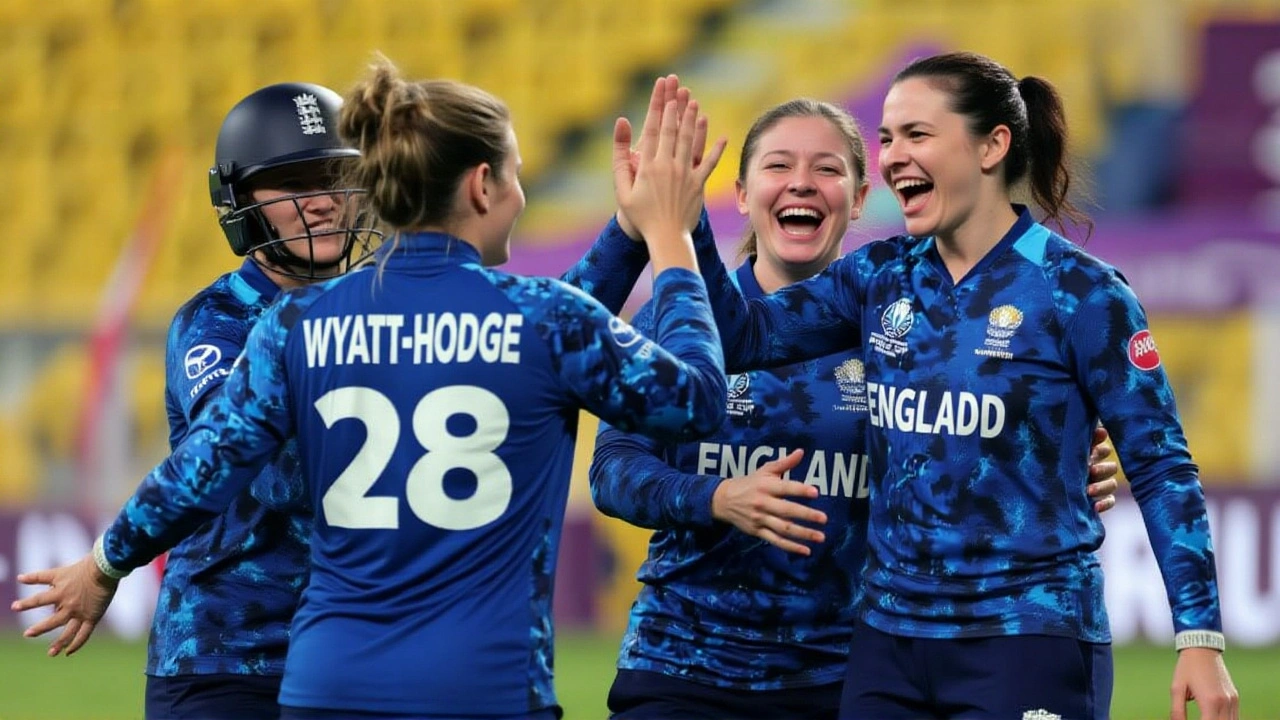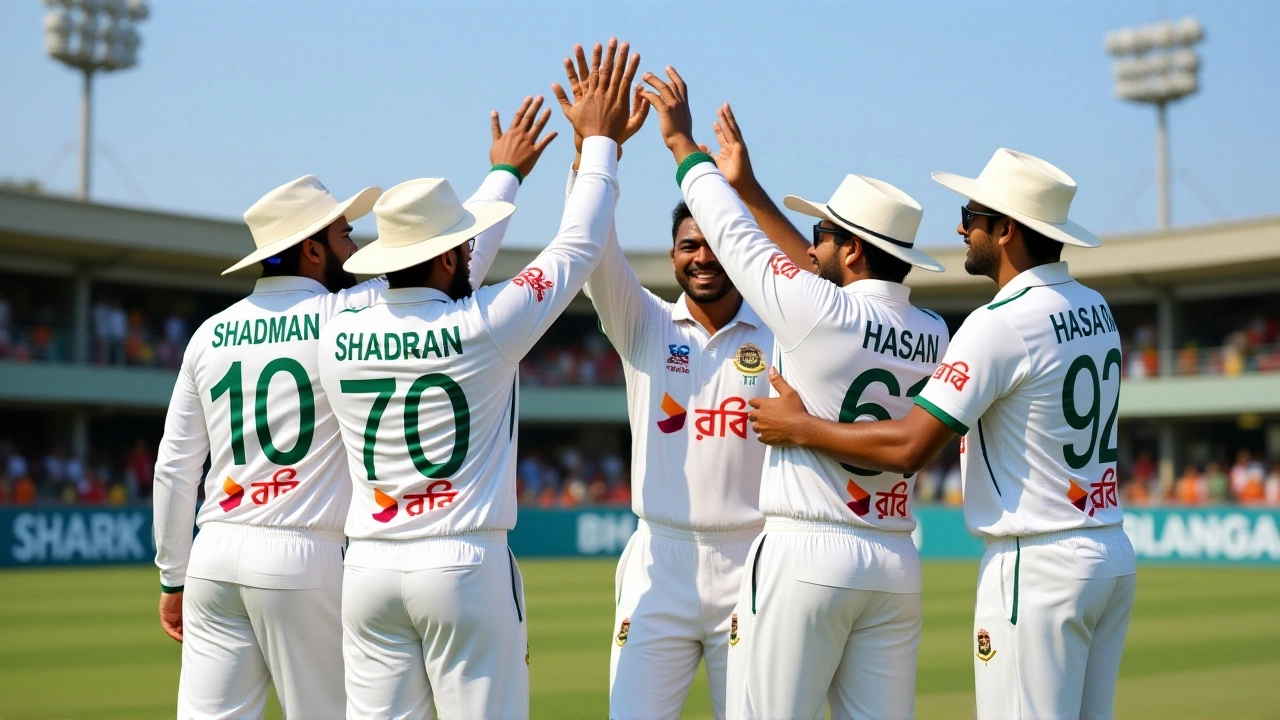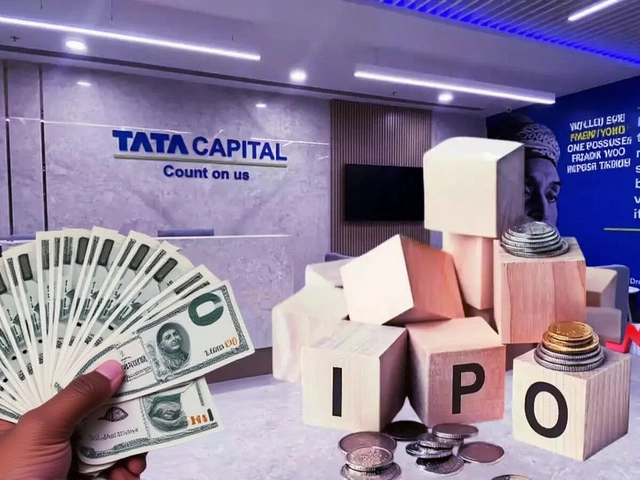When the Board of Control for Cricket in India (BCCI) quietly pulled the plug on India’s white-ball tour of Bangladesh scheduled for August 2025, fans didn’t just lose a cricket series—they lost a symbol of regional unity. The planned six-match tour, featuring Virat Kohli and Rohit Sharma leading the side, vanished not because of injuries or scheduling conflicts, but because of a death sentence handed down in Dhaka. On July 1, 2025, a tribunal in Bangladesh sentenced former Prime Minister Sheikh Hasina to death for crimes against humanity, triggering a diplomatic firestorm. India, where Hasina sought asylum after being ousted, publicly expressed "regret" over the verdict and refused to extradite her. The fallout? Cricket, long a bridge between the two nations, became collateral damage.
Cricket Pays the Price for Political Rift
The cancellation wasn’t announced with fanfare. No press conference. No official statement blaming politics. Instead, the Bangladesh Cricket Board (BCB) quietly told broadcasters they wouldn’t be issuing an Invitation to Tender (ITT) for media rights. An Indian broadcaster confirmed: "They have informed us that there is no India series. After announcing the tender, they did not provide the ITT. They are selling, for now, only for the Pakistan series." Meanwhile, a BCCI source told Hindustan Times: "The series hasn’t received the clearance." That’s diplomatic code for: the Indian government told the board to stand down. The BCB had previously said they were "looking forward to welcoming India in September 2026," hinting the tour might be rescheduled—but only if the political climate cools.This isn’t the first time cricket has stumbled over politics. In 2023, a women’s series between the two nations was postponed under similar circumstances. Now, the BCCI has also shelved the Bangladesh women’s team’s planned tour of India—denying Harmanpreet Kaur and her World Cup-winning squad their first assignment since their historic victory. The irony? Both teams still met in the Women’s World Cup group stage and the Asia Cup Super-4. Cricket, it seems, can still be played on neutral ground—but not when one nation’s soil feels like a moral minefield.
What Happened in Dhaka? The Turning Point
The catalyst was the July 1 verdict. Sheikh Hasina, who led Bangladesh for 15 years before being ousted in August 2024 amid mass protests, fled to India. Her government had been accused of suppressing dissent, rigging elections, and orchestrating extrajudicial killings. The tribunal’s ruling, which called her actions "crimes against humanity," sent shockwaves through South Asia. India’s refusal to hand her over wasn’t just legal—it was political. The Modi government, wary of setting a precedent that could affect other asylum seekers, stood firm. Bangladesh, meanwhile, saw it as betrayal."The mood in India, perceptibly, is not particularly favourable for a tour of Bangladesh," noted a senior cricket journalist familiar with internal discussions. "There’s anger over the verdict. Fans don’t want to cheer for a team in a country that sentenced a leader they see as a refugee to death." The Asian Cricket Council (ACC) Annual General Meeting, originally slated for Dhaka, was attended by BCCI officials only via video call. That silent absence spoke louder than any statement.

India’s Revised 2025 Schedule: A Domino Effect
With the Bangladesh tour gone, India’s 2025 calendar got reshuffled. After the five-Test series against England (June 20–August 4), the team will head straight to a home T20I series against the West Indies on October 29, 31, and November 2. That’s followed by a two-Test, one-ODI series against South Africa in November—matches already locked in at Eden Gardens, Guwahati, and Ranchi.Media reports suggest Sri Lanka could replace Bangladesh on the itinerary, but no formal talks have begun. The England and Wales Cricket Board (ECB) offered to host IPL matches to help complete the suspended tournament, but that’s unrelated. The IPL itself was paused for a week in May after franchisees cited player sentiment and fan concerns following the Ahmedabad plane crash—a separate tragedy that also cast a pall over Indian cricket.
Even the planned trophy launch for the India-England Test series—the renamed Tendulkar-Anderson Trophy—was postponed. "In the wake of the solemn mood in India," Cricbuzz reported, "the ceremony was shelved." Cricket, once a celebration, now feels like a funeral procession.

Why This Matters Beyond the Scoreboard
Cricket between India and Bangladesh has always been more than sport. It’s shared language, shared history, shared trauma from 1971. For decades, it was the one thing that transcended politics. Now, it’s become a barometer of relations.When Virat Kohli and Rohit Sharma were set to lead the team to Dhaka, it wasn’t just about runs and wickets. It was about reconciliation. The BCB had invested heavily in marketing the series, expecting record TV ratings and sell-out crowds. Now, those contracts are dead. Broadcasters are left with gaps. Players are left without matches.
And for the fans? They’re left wondering: when did cricket stop being a game?
Frequently Asked Questions
Why was the India-Bangladesh cricket series cancelled if no official statement was issued?
While neither the BCCI nor BCB issued a direct statement blaming politics, multiple sources—including broadcasters and internal officials—confirm the tour was blocked after India refused to extradite former Bangladesh PM Sheikh Hasina. The phrase "no clearance" from BCCI insiders, combined with the withdrawal of media tenders, signals a government directive. Silence, in diplomacy, is often the loudest answer.
How does this affect players like Virat Kohli and Rohit Sharma?
Both captains were scheduled to lead India in their final white-ball assignments before potential retirement. The cancellation denies them a meaningful international series, disrupts their preparation for future tournaments, and removes a symbolic opportunity to strengthen ties with a key regional neighbor. For Kohli, who has played 11 ODIs and 10 T20Is against Bangladesh, it’s a personal loss too.
Will the series be rescheduled in 2026 as the BCB suggests?
The BCB has mentioned September 2026 as a possible window, but that’s contingent on political thaw. With Sheikh Hasina’s legal appeals pending and India maintaining its stance, a resolution seems distant. Even if talks resume, rebuilding trust between boards, broadcasters, and fans will take years—not months.
Why are India and Bangladesh still playing each other in multi-nation tournaments?
Multi-nation events like the Asia Cup and World Cup are governed by the ICC and ACC, which prioritize competition over bilateral politics. These tournaments have neutral venues, standardized contracts, and no host-nation diplomacy involved. Bilateral tours, however, require government clearance, local infrastructure, and media rights—all of which are now entangled in the Hasina fallout.
What’s the impact on women’s cricket in India and Bangladesh?
The cancellation of the Bangladesh women’s tour of India denied Harmanpreet Kaur’s team their first series after winning the Women’s World Cup. It also deprives Bangladeshi players of high-level exposure and revenue. Women’s cricket, already underfunded, now faces even greater setbacks due to political decisions made far from the pitch.
Could Sri Lanka replace Bangladesh on India’s 2025 schedule?
Reports suggest Sri Lanka is a likely replacement, given their proximity and existing bilateral ties. But as of July 4, 2025, no formal talks have been confirmed. The BCCI would need to negotiate dates, broadcast deals, and logistics quickly—especially since the West Indies and South Africa series are already locked in. A last-minute swap remains possible, but uncertain.







Write a comment